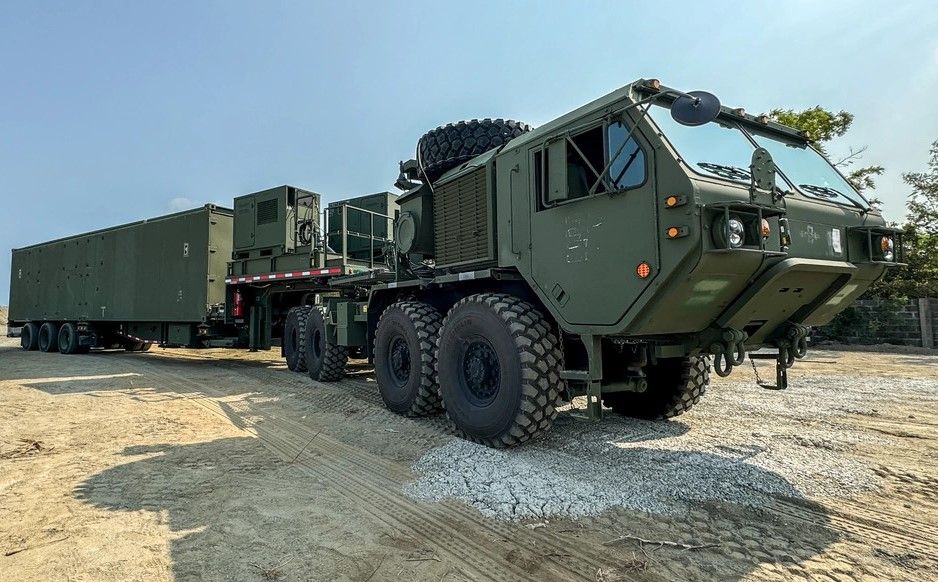Bayan Muna says Typhon missile acquisition will strain national budget
At A Glance
- Bayan Muna criticized the Armed Forces of the Philippines (AFP) over its plans to acquire the United States' (US) Typhon missile system, and claimed that this would put a heavy strain on an already debt-saddled national budget.
 (US Army)
(US Army)
Bayan Muna criticized the Armed Forces of the Philippines (AFP) over its plans to acquire the United States’ (US) Typhon missile system, and claimed that this would put a heavy strain on an already debt-saddled national budget.
In a statement, former Bayan Muna Party-list congressman Carlos Isagani Zarate said this defense-related spending would likely increase the Philippines’ dire fiscal deficit.
Worst case scenario, he said, this may lead to an “unnecessary arms race” with other countries in the region.
"Hindi solusyon ang pagbili ng mga high-tech na armas na ito (Buying these high-tech weapons is not the solution). We demand that the Marcos Jr administration abide by the constitutional edicts of pursuing an independent foreign policy and making the Philippines free of nuclear arms and foreign troops," said Zarate.
The AFP recently said that there were ongoing negotiations regarding the acquisition as part of its mission to protect the country’s sovereignty.
Zarate, however, questioned such move as he feared that it would only entrench the Philippines in dangerous military alignments that could compromise its safety.
The former lawmaker emphasized that the planned acquisition makes the country a potential target in conflicts not of its own making.
"Ang pagbili ng Typhon missiles ay maglalagay lamang sa ating bansa sa mas malaking panganib,” he explained.
(Buying Typhon missiles will only put our country in greater danger.)
Zarate, a member of the Makabayan Coalition, recalled that the US already deployed a missile system in Northern Luzon during the Balikatan Exercises earlier this year. He said this already heightened tensions in the region.
"Bayan Muna vigorously denounces the US non-stop hawkish instigations in the South China Sea, which only serve to advance its hegemonic interests in the Asia-Pacific region,” he said.
“Dapat unahin ng administrasyong Marcos Jr. ang kaligtasan at soberanya ng mamamayang Pilipino, hindi ang interes ng mga dayuhang kapangyarihan," he added.
(The Marcos Jr. administration should prioritize the safety and sovereignty of the Filipino people, not the interests of foreign powers.)
Instead of initiatives that threaten the national budget, Zarate said the administration should counter China’s continued aggression in the West Philippine Sea (WPS) through “more active diplomatic initiatives”.
He cited the possibility of multilateral engagements under the United Nations (UN), rallying other claimant countries, and pushing China for a mutually acceptable code of conduct.